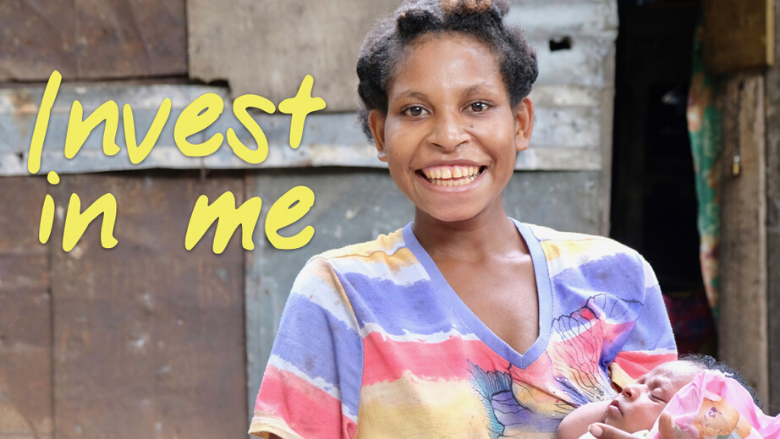In 2018, the World Bank launched the Human Capital Project, an ambitious global initiative to accelerate investments in people around the world – work that is especially important in the Pacific Islands and Papua New Guinea (PNG).
Human capital is the knowledge, skills, and health that people accumulate over their lives; and has been a key factor behind the sustained economic growth and poverty reduction rates of many countries in recent history.
Investment in human capital in vulnerable countries, including many throughout the Pacific region, is central to transformational results and growth into the future.
“The difference that the right kind of investments in people can make cannot be overstated: investing in people delivers extraordinary returns for countries, for communities and every citizen,” says the World Bank’s Program Leader for Human Development in PNG and the Pacific Islands, Aparnaa Somanathan.


